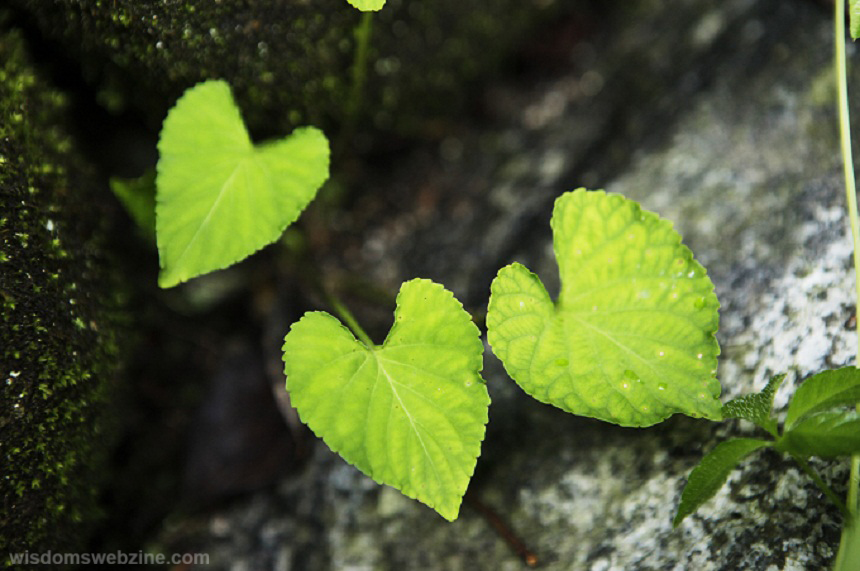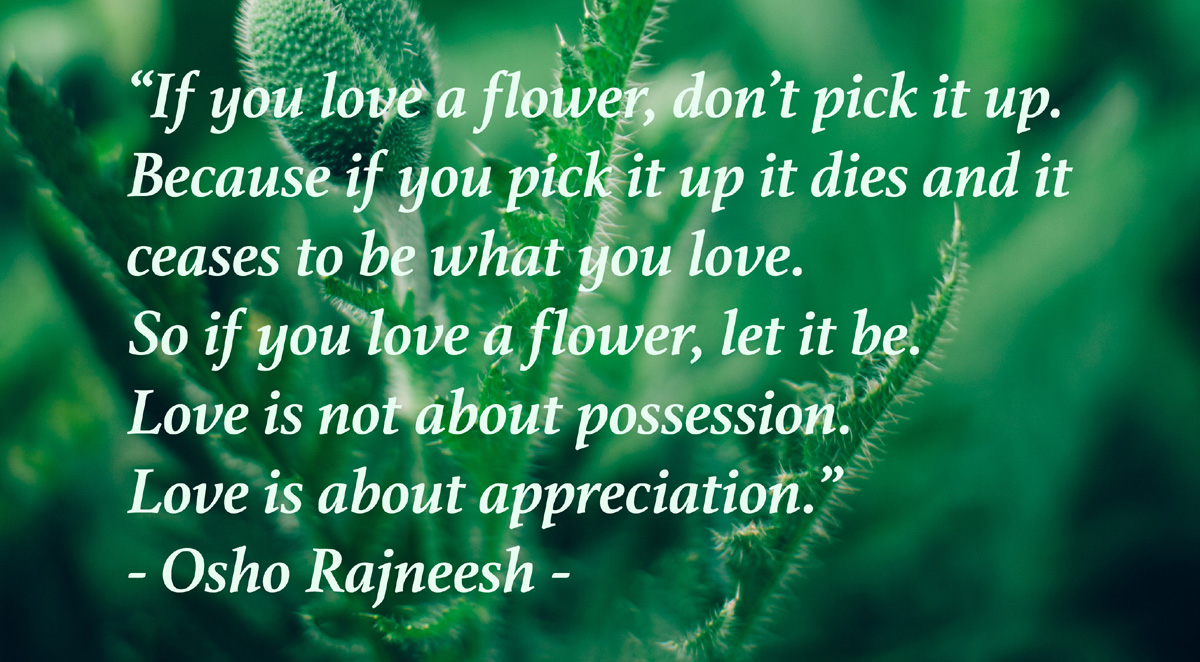Michelangelo, the Italian painter who represents the Renaissance, had one principle: he never signed his work.
In fact, none of his works have his signature except for the Pieta, a statue of Mary cradling and grieving for the dead Jesus.
This principle of his dates back to 1508 when he painted Genesis on the ceiling of the Vatican’s Sistine Chapel under the orders of Pope Julius II.
At that time, Michelangelo blocked people from entering the cathedral and locked himself in the cathedral to paint.
Sitting on a work bench under the ceiling with his head tilted back, he labored away painting the ceiling.
He devoted himself to the task to the point where his body became ill.

Four years later, he finally signed the painting and laid down his brush.
And the moment he exited the doors of the cathedral, he admired the sight in front of him: The glamorous sun and blue sky, birds flying high above, flowers and trees swaying in the wind….
That’s when Michelangelo had an epiphany.
‘God created such beautiful nature and left no sign that it was his craft, but I drew a mural and signed it to show off.’
He immediately returned to the cathedral and erased his signature.
After that, Michelangelo never left a signature on any of his works.
That’s what I did. That’s what I thought. There’s no need to go as far as to take credit for oneself.
But it’s not easy not to have the mind that I have done after I have done.
Certainly, I want someone to recognize me. So I implicitly come to say, “Me, me.”
But I think if it is possible, it would be so liberating to live like that nameless wild flower, like that nameless bird.
The everlasting beauty of nature teaches us: It’s real happiness to live without a trace and it doesn’t matter if it isn’t recognized by any one.
Source: maummonthly.com





